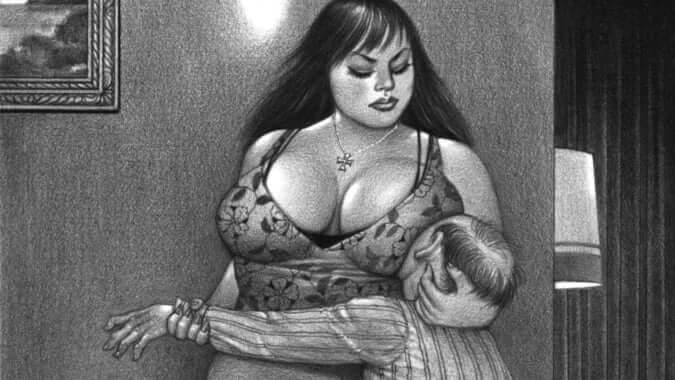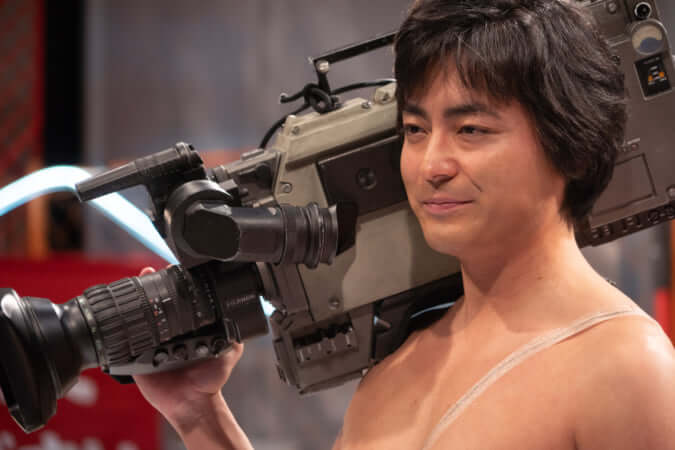Ishiuchi Miyako and her Mother, the Evolution of Japanese Society
With the series ‘Mother’s’, the photographer captures her mother's story through her body and her belongings.
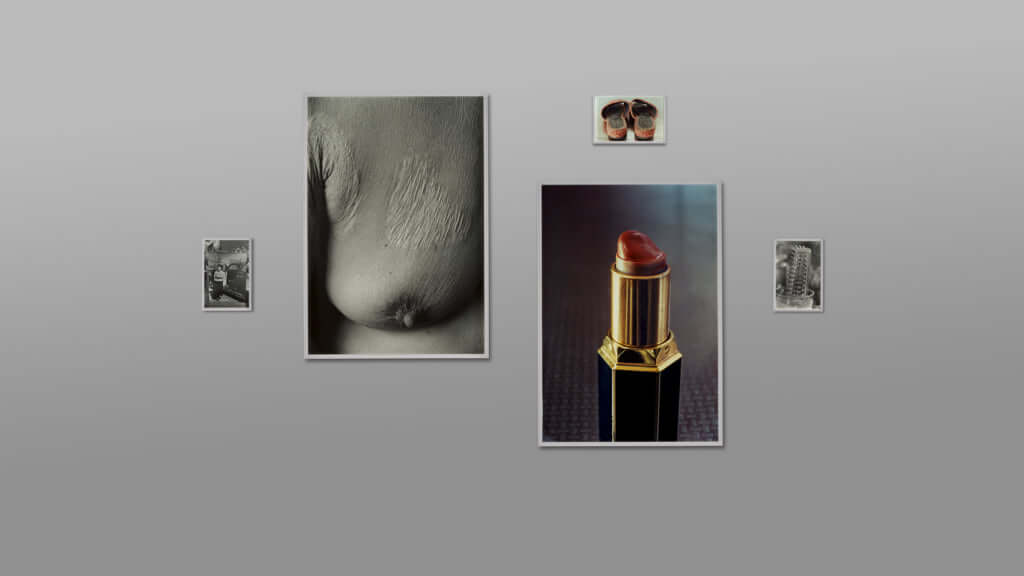
‘Mother's’ © Met Museum
In 2002, two years after the death of her mother, the artist Ishiuchi Miyako published Mother’s, a series of photographs bearing witness to a tortured life that illustrates the evolution of the place of women in contemporary Japanese society.
Born in 1947 in Gunma prefecture, Ishiuchi Miyako grew up in Yokosuka and then studied at Tama Art University in the Design department, without ever finishing her studies. Her work nevertheless became quickly celebrated and the artist was the recipient of numerous prestigious prizes, including the Kimura Ihei Prize, the Higashigawa Prize for Japanese Artists, and the Hasselblad Foundation International Award in Photography. Her work can be found in the permanent collections of the Museum of Modern Art, the Met Museum, and the Yokohama Museum of Art.
Beyond intimacy
The series Mother’s is composed of around forty photographs and was presented at the Japan Pavilion at the Venice Biennale in 2005, six years after its completion in 1999. Produced out of a desire to reconcile with her mother, the images begin with close-ups of the artist’s mother’s body, marked with scars from cooking accidents. After her death, the artist became interested in her mother’s clothes and belongings: her lipstick, her underwear, her shoes, her dentures, and her hairbrush. Amongst these images we find a photograph of her mother from the 1940s.
While these images are intensely personal, and the symbolic dimension is defined by Ishiuchi Miyako, they nonetheless transgress the sphere of pure intimacy. Her mother was born in 1916 in the Japanese colony of Manchuria and grew up knowing familial and professional instability. She drove an ammunition truck during the war in Japan and learned of the death of her husband during the conflict. She then fell pregnant by another man before her first husband suddenly reappeared. The divorce went through one week before Ishiuchi Miyako was born.
Mia Fineman, Associate Curator in the Department of Photographs at the Met Museum, explains on the institution’s website ‘the Mother’s series evokes a posthumous intimacy in which objects are transformed into potent repositories of human touch.’
Her work was markedly influenced by Shomei Tomatsu and in 2013 the artist was commissioned by the Museo Frida Kahlo to create a series of photographs dedicated to the belongings of the Mexican artist.
Mother’s (2002), a photo book by Ishiuchi Miyako is published by Sokyu-sha.
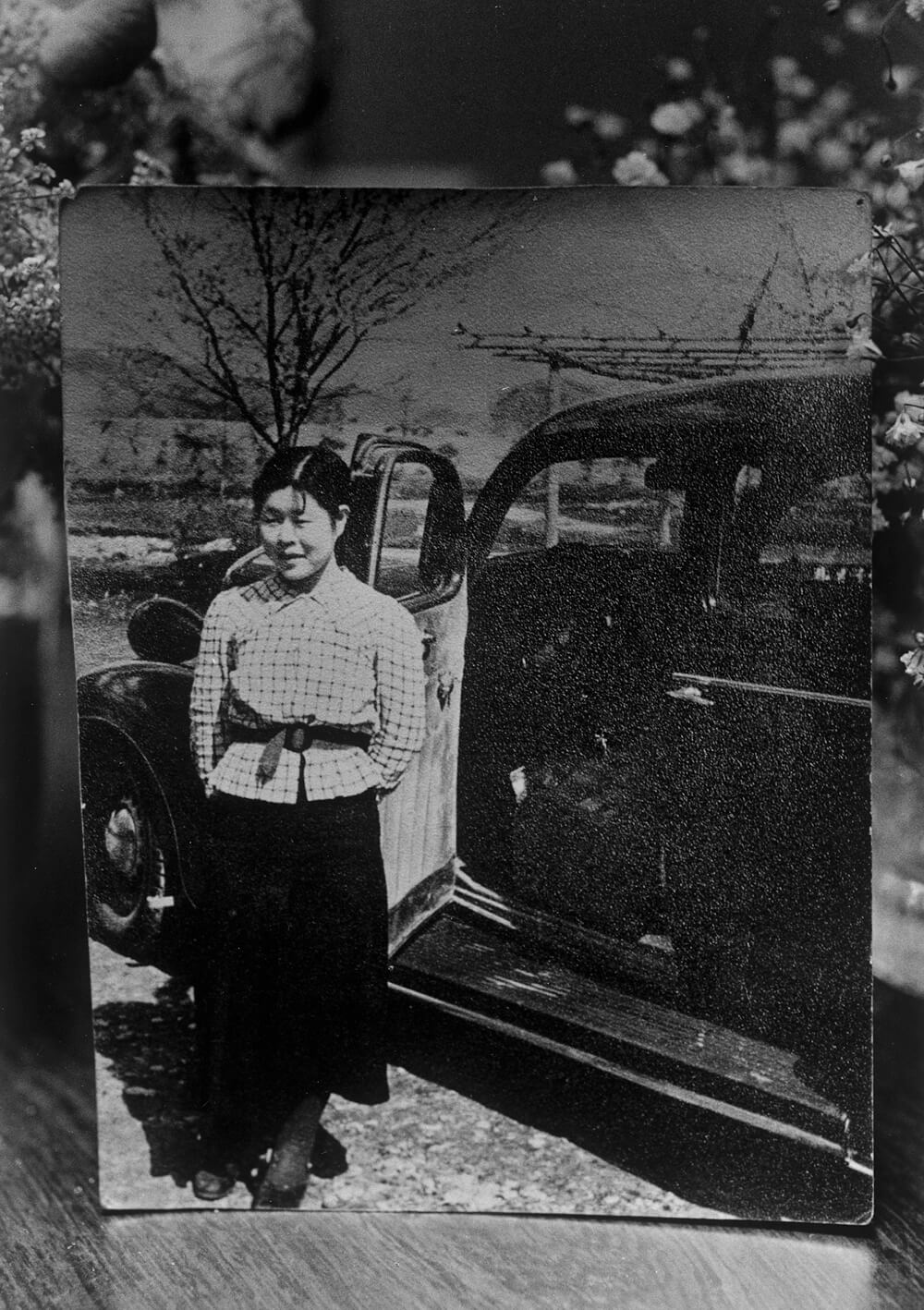
‘Mother’s’ #3 [photograph] © Ishiuchi Miyako
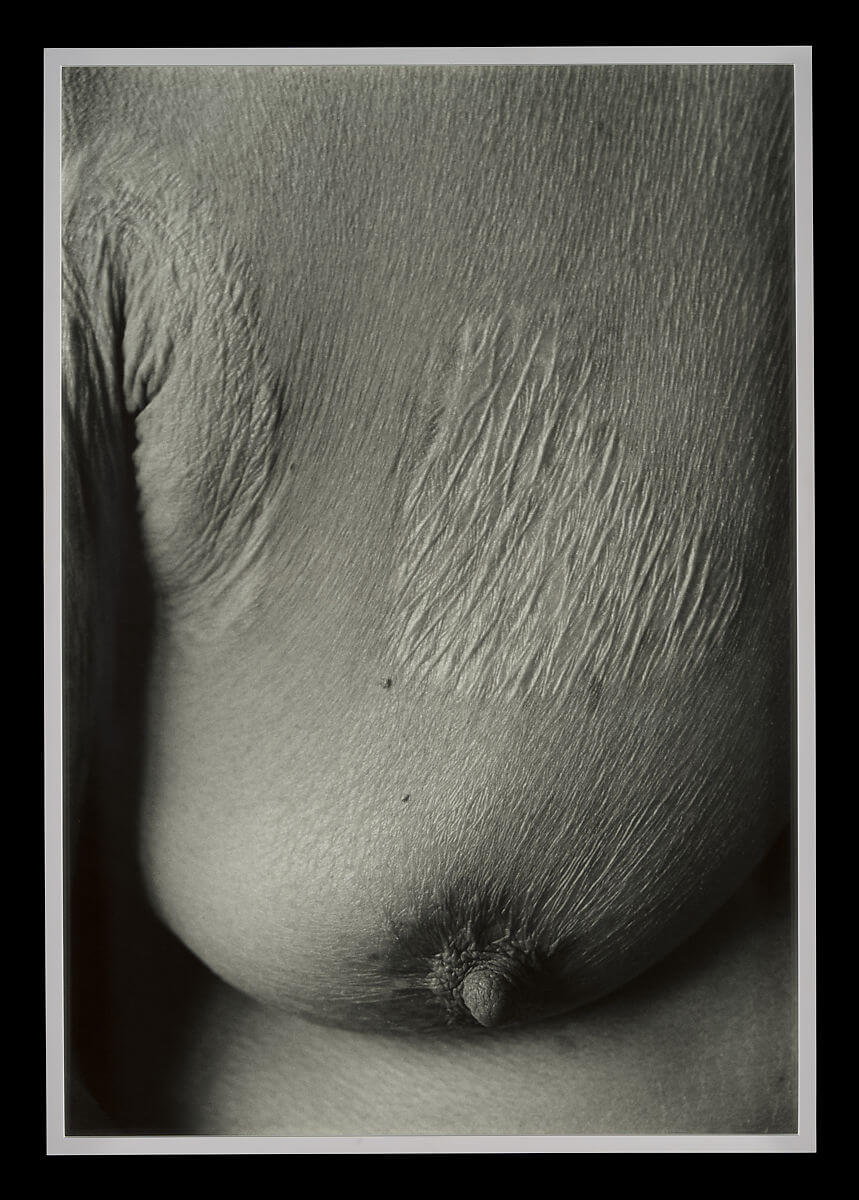
‘Mother’s’ 25 March 1916 #53 [breast] © Ishiuchi Miyako
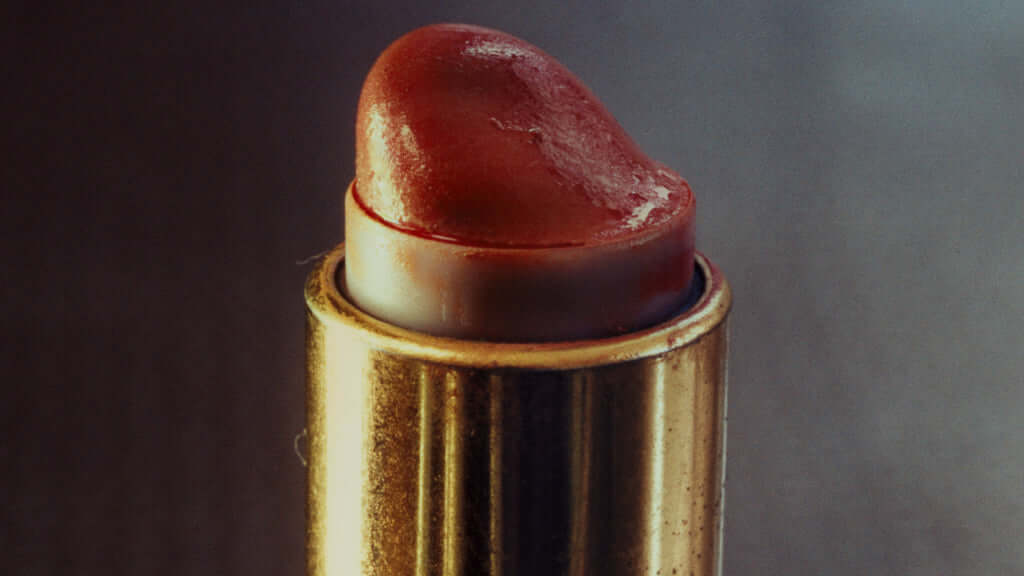
‘Mother’s’ #36 [lipstick] © Ishiuchi Miyako
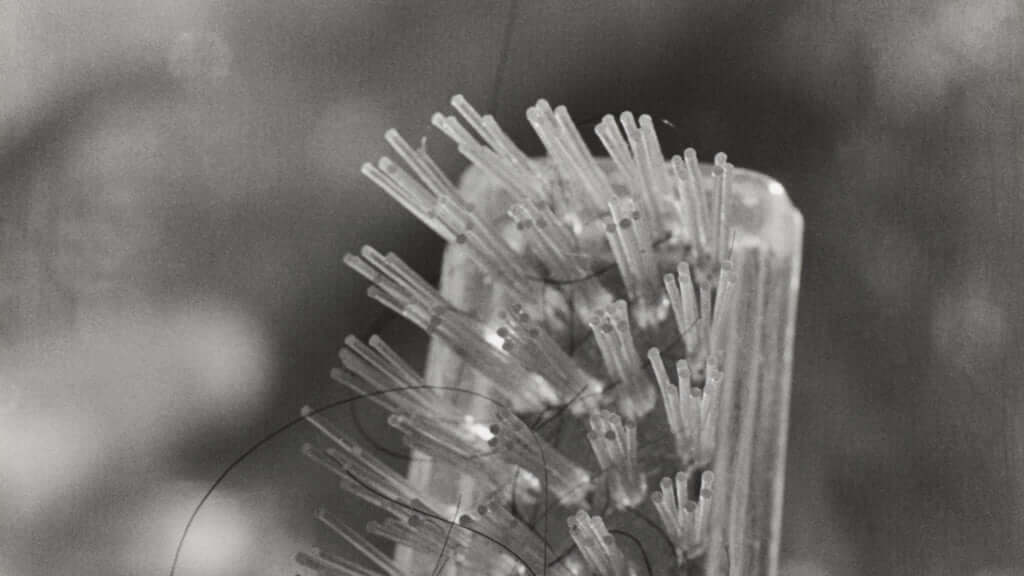
‘Mother’s’ #19 [comb] © Ishiuchi Miyako
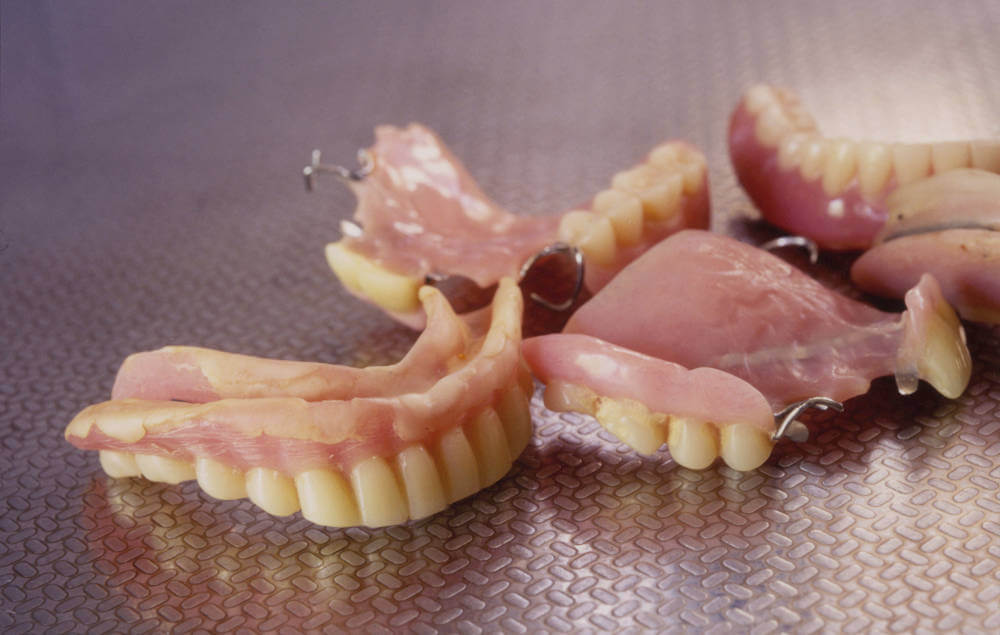
‘Mother’s’ #37 © Ishiuchi Miyako
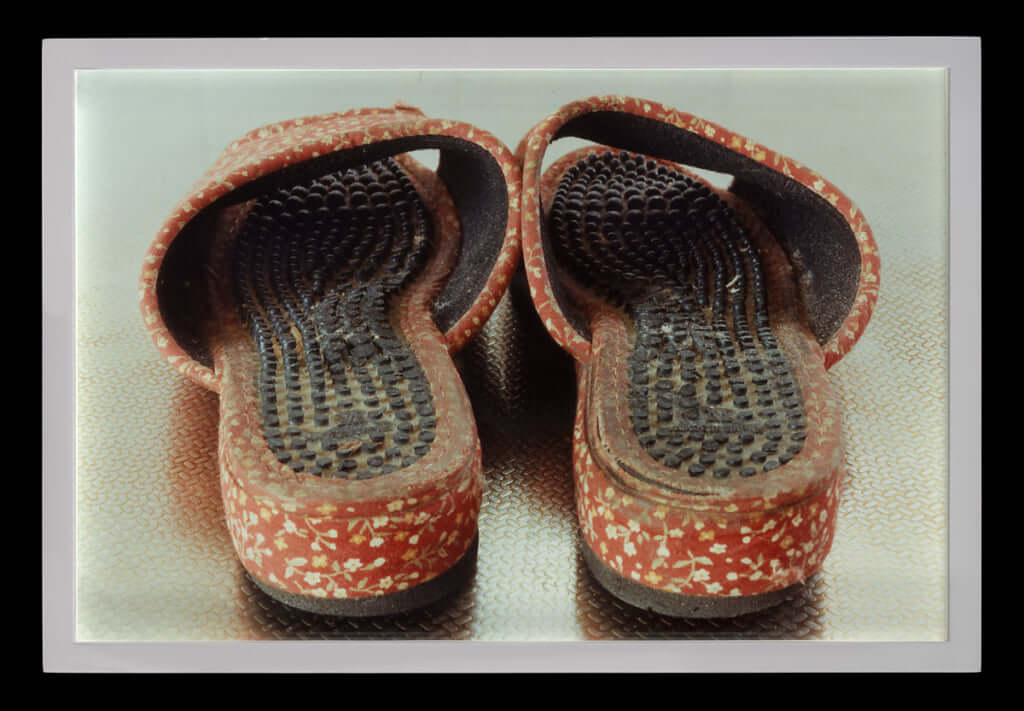
‘Mother’s’ #68 © Ishiuchi Miyako
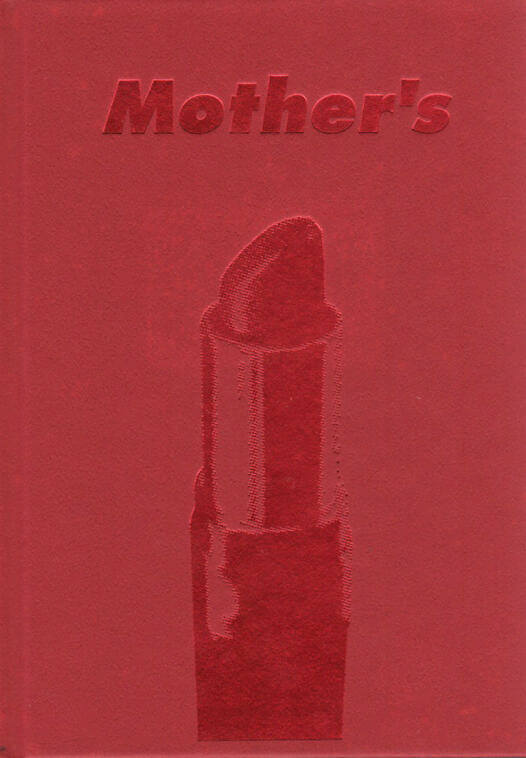
© Sokyu-sha
TRENDING
-
Ishiuchi Miyako, A Singular Perspective on Women
Recipient of the 2024 Women in Motion Award, the photographer creates intimate portraits of women through the objects they left behind.

-
Recipe for Ichiraku Ramen from ‘Naruto’ by Danielle Baghernejad
Taken from the popular manga with the character of the same name who loves ramen, this dish is named after the hero's favourite restaurant.

-
Namio Harukawa, Master of Japanese SM Art
'Garden of Domina' offers a dive into the world of an icon of ‘oshiri’, whose work has now reached a global audience.

-
The Tattoos that Marked the Criminals of the Edo Period
Traditional tattoos were strong signifiers; murderers had head tattoos, while theft might result in an arm tattoo.

-
The Emperor of Japanese Porn is Now the Star of a Netflix Series
Deliciously funny, The Naked Director especially succeeds in reviving the atmosphere that was so characteristic of 1980s Japan.



